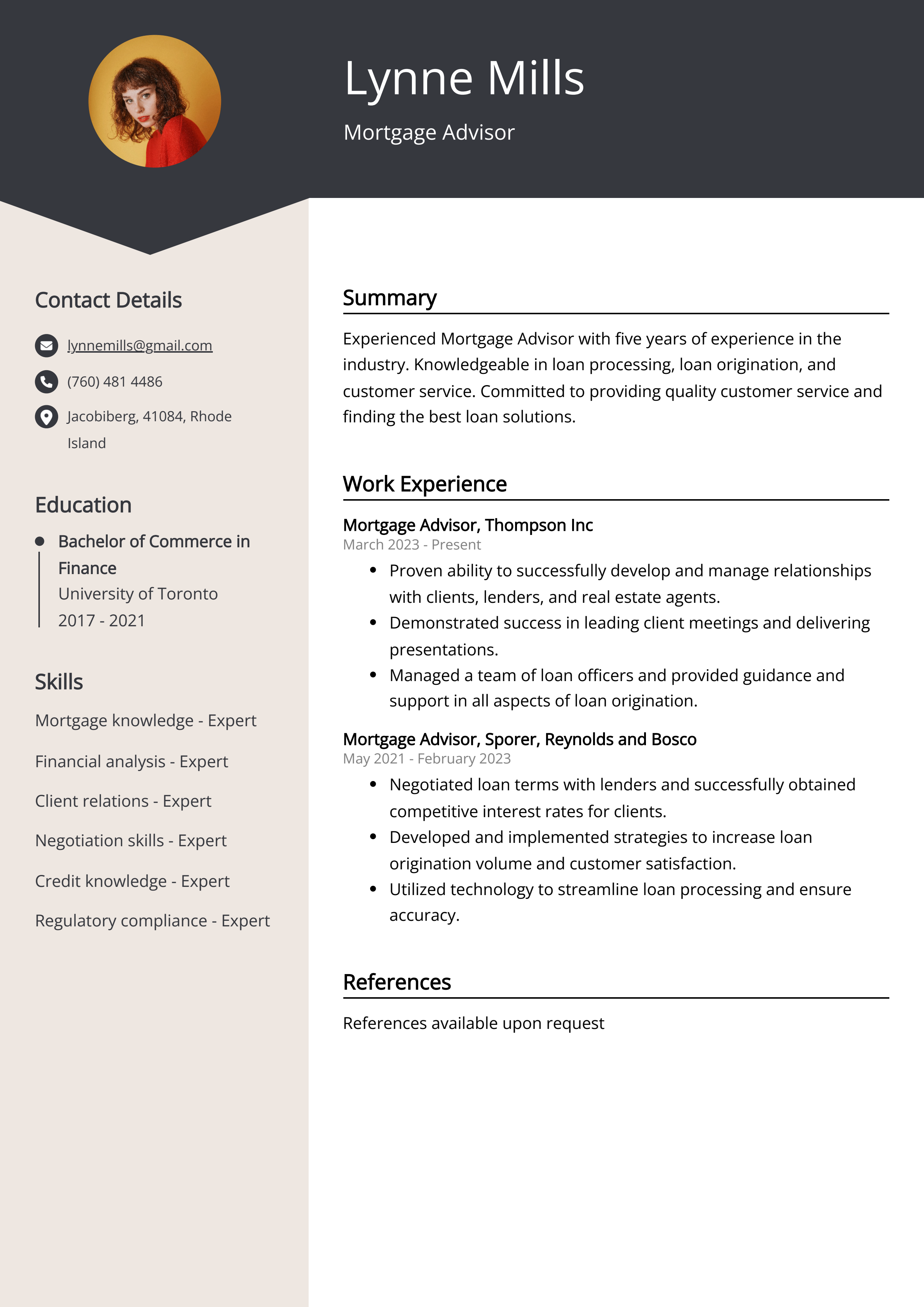Important Things to Know Before Hiring a Roofing Company
Working as a roofing crew can be lucrative and satisfying. It’s also a very competitive field with many crews trying to make it big in this industry. When choosing a roofing contractor, you want to be sure they’re legitimate. A great way to do this is by examining their contract. The contract should contain a…
Insurance Requirements for Landscape Contractors
Landscape Contractors Greensboro NC have a wide scope of skills, from small maintenance tasks to major yard makeovers. Performing extensive research is critical before choosing a landscaping professional. Finding the right landscaping contractor is a crucial step in ensuring your project is completed successfully. Using the right questions can help you determine if a landscape professional…
How to Identify the Signs of Stucco Repair
Stucco is used to protect the exterior of your home. It is a resilient material, but over time, it can experience damage. This is why it’s important to identify the signs of stucco repair and act quickly. Isolated cracks can be repaired, but if they’re widespread, explore more comprehensive services like remediation. Look for signs…
How to Evaluate Drywall Contractors
Drywall Contractors are the individuals who re-hang sheetrock after remodeling and construction projects. They can also help with wall painting and even fire damage restoration. When choosing a local drywall contractor, verifying their licensing and insurance requirements is important. They should also have experience and a strong reputation in the community. Visit Our Website Here!…
A Guide to Common Plastic Mold Types
Plastic molding is a great solution for high-quality, long-lasting parts. However, the process is a bit slow compared to 3D printing or CNC machining. For a faster turnaround time, consider choosing a family injection mold. This method eliminates the need for separate molds and reduces production time. It also cuts down on rework and material…
Gutter Cleaning Services
Keeping your gutters clean is an essential part of home maintenance. It safeguards your house from water-related problems like mold, mildew and foundation damage. Gutter Cleaning Summerville SC involves climbing a ladder and removing leaves, twigs and other debris from the gutters. It’s a dangerous task and requires special equipment and safety procedures. Clogged gutters…
Masonry Construction
Masonry is a common construction method that uses bricks and stones. It is a durable material that can be used for many different applications. It is also non-combustible, which improves fire protection for the building and its occupants. Masonry is also a skilled trade that requires a lot of attention to detail. A mason with…
Choosing the Right Garage Doors for Your Home
Your garage door is more than just a functional barrier—it’s an opportunity to showcase your personal style and demonstrate a commitment to sustainability. Eco-friendly materials and energy-saving innovations provide stunning beauty and reduce your utility bills. Click the https://www.jctzgaragedoors.com/ to learn more. Real wood doors offer a warm, rich look that complements any architectural style…
Land Clearing: Enhancing Property Value and Safety
Land Clearing involves removing large trees and thick undergrowth to make way for construction or agriculture. This process improves safety and aesthetics while also enhancing property value. Professional clearing services have the experience and equipment to complete projects efficiently and accurately. They inspect the site, secure required permits, and ensure compliance with local regulations. One…
Things You Should Know About Fence Installation
Whether you are looking to increase privacy, secure pets or children, or enhance curb appeal, fence installation is an important investment. Understanding the process can help ensure that the project is completed on time and within budget. Prior to beginning your project, it is important to contact 811 to have underground utilities marked before digging…
